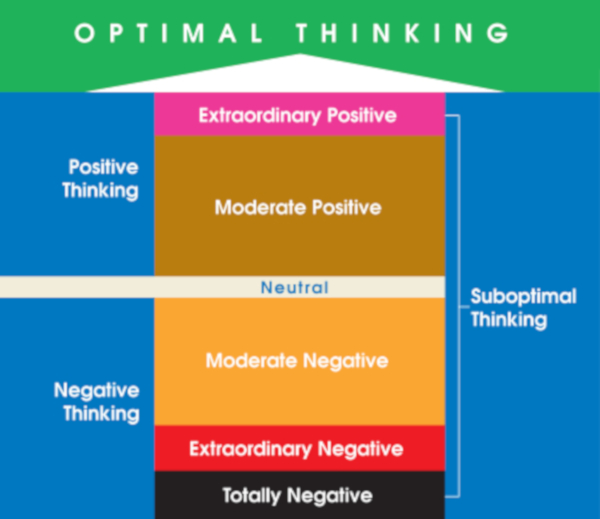ATLANTA, GA, September 30, 2020 /Neptune100/ — Allen Buckley, a fiscal conservative independent candidate in the special election race for the U.S. Senate seat currently held by Kelly Loeffler, says the nation is headed for a financial collapse within twenty years absent major reform.
Last week, the Congressional Budget Office (CBO) issued its latest long-term budget outlook. It paints a vivid picture of a nation slowly being destroyed by debt.
The CBO report states that by 2043, net interest expense is expected to cost more than all discretionary spending combined. Discretionary spending is spending other than entitlements and interest. It includes military spending. It is what Congress and the administration work with, in terms of deciding what is spent. Entitlements are basically on auto-pilot. By 2050, interest expense would equal 44 percent of tax revenue.
The interest rates used to reach these potentially catastrophic conclusions are relatively low rates. On page 21, the report states: “Notably, the interest rate on 10-year Treasury notes rises from an average of 0.7 percent in mid-2020 to 3.2 percent in 2030 and 4.8 percent in 2050—one percent below the 5.8 percent average recorded over the 1990-2007 period.”
As a debtor takes on more debt, it must pay more interest or grant more security, or do both. It is not realistic for the U.S. to give security interests in assets (and the assets aren’t worth very much). At some point, creditors will demand more interest or demand a limit on the ability of the Fed to print money, etc.
On page 15, the report states: ” . . . if the average borrowing rate was 1 percentage point higher every year than the rate underlying the agency’s extended baseline projections, but all other aspects of the economy were unaffected, then the government’s net interest costs would amount to about 15 percent of GDP 30 years from now . . . [t]hat amount is about four-fifths of federal revenues projected for 2050.” So, if historical rates applied (and as a debtor must become more risky, it ordinarily must pay more interest), 80 percent of federal revenue would need to applied to pay interest in 2050. At some point much sooner than 2050, the percent of revenue needed to cover interest will exceed 25 percent (no matter what happens—on the current path). At some point in the not-to-distant future, social unrest becomes a major problem.
Much of the problems are due to rising health care costs. Costs for major health programs, including Medicare and Medicaid, are anticipated to grow from 5.3 percent of GDP in 2019 to at least 9.2 percent in 2050. Part of this growth is due to aging of the population, but most of it is due to health care inflation rates exceeding ordinary inflation rates.
A March 7-8, 2020 Wall Street Journal article titled “Global Outbreaks Are Likely to Continue” includes the following quote from Peter Daszak, president of EcoHealth Alliance, a New York-based nonprofit research group that built a database tracking disease events locally: “I’m not holding in my bunker right now. We’re going to get hit by a much bigger one sometime in the next 10 years.”
Buckley said: “Looking at all of the factors together, and considering how debt is growing worldwide, even absent a major problem such as another pandemic or a major war, the system is on pace to financially collapse within twenty years. Much of the problem is due to rising health care costs. This is an area where the two major parties have been bought off by special interest groups to the detriment of the nation. As an independent candidate, I propose solutions to these problems on my campaign website.”
Buckley’s “Save Tomorrow” campaign is about living for today and tomorrow, instead of living for today to the detriment of tomorrow. The focus is on doing things to make tomorrow as good as or even better than today, by acting now to address the nation’s financial challenges and confronting global warming in a practical way.
Mr. Buckley can be reached for comment at (404) 610-1936. Mr. Buckley’s campaign website is www.buckleyforsenate.org.



